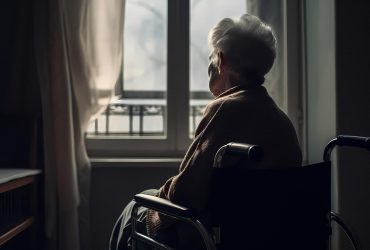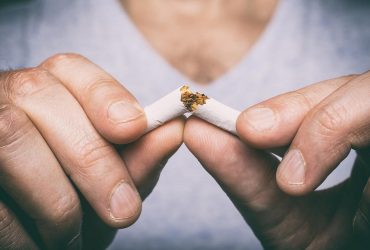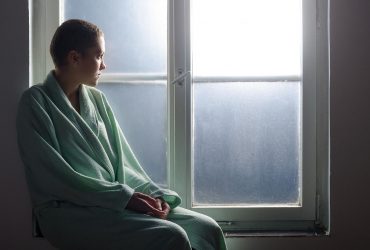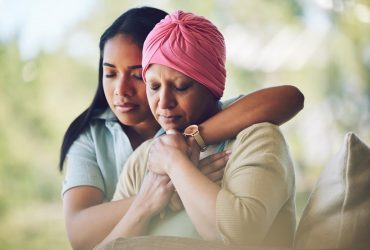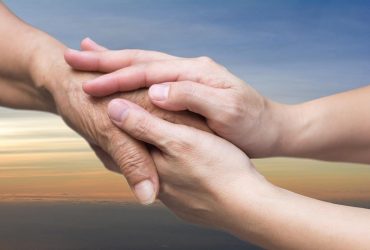Past-month alcohol consumption and believing cancer is not preventable linked to belief that alcohol has no impact on cancer risk
Findings seen for both cancer-specific and all-cause mortality
Association between continued smoking and all-cause mortality also seen in patients with advanced-stage cancer
Young adult cancer survivors have higher rates of mental distress, housing and food insecurity than peers with no cancer history
Benefits seen in health-related quality of life and anxiety
However, disparities exist among cancer survivors by race and health coverage
Top concerns include life expectancy, course of treatment, and pain
About half of patients had sustained reduction in depression and anxiety up to two years after psilocybin and psychotherapy
About half of physicians would consider euthanasia as a good or very good option in a scenario of advanced cancer or Alzheimer disease



